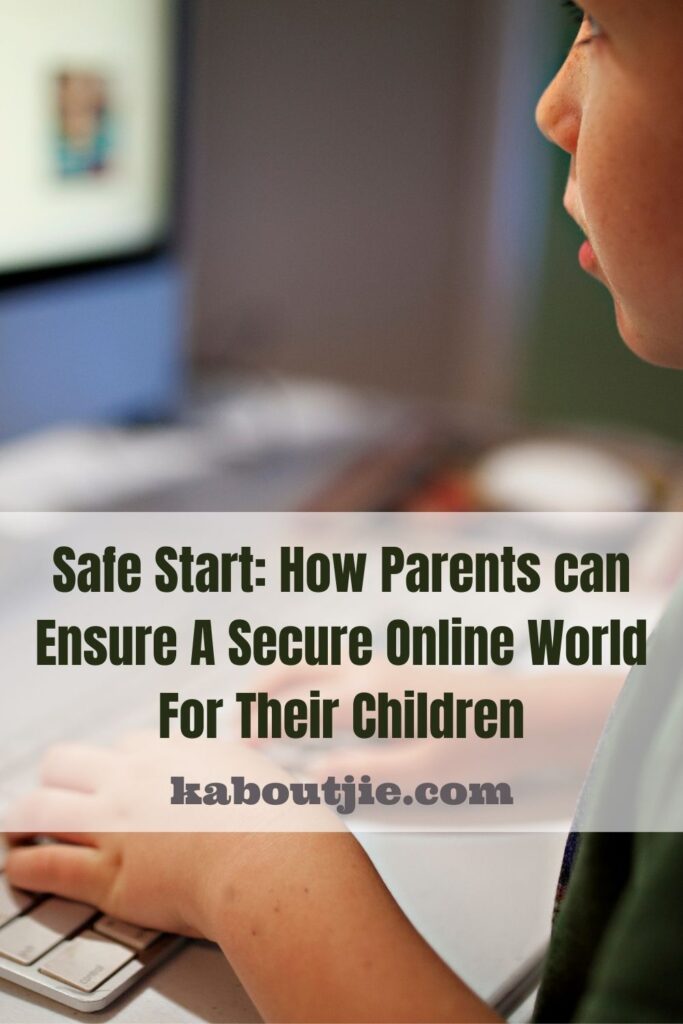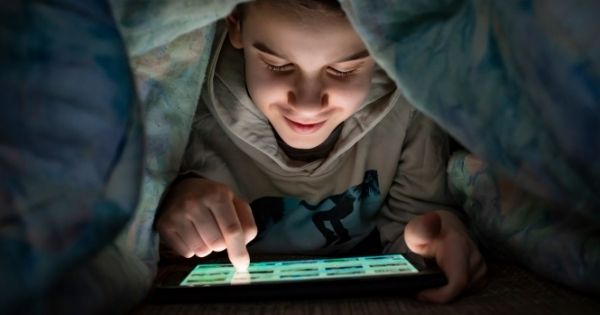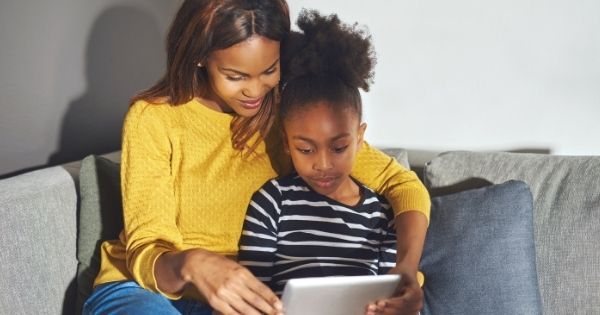Have you ever seen the movie ‘Kids’? It was directed by Larry Clark and released back in 1995. If you haven’t and you’re not into scenes of substance abuse and violence – I would not recommend you watch it. Almost three decades after its release, the famous quasi-documentary looks even more controversial and disturbing. In a nutshell, it shows a day in the life of a group of urban kids who carouse unattended and engage in activities that no parent would ever approve of.

Nevertheless, ‘Kids’ is the kind of movie that’s worth talking about – its memorable subject matter vividly portrays some of the gruesome things that youngsters can be exposed to without realising how damaging they are. In general, children tend to experiment with independence, which helps them grow emotionally and find their place in life, but this might involve making dubious decisions or putting themselves in risky situations. Still, kids also tend to look for guidance from older people they trust, and this is where we, as adults, must help them in defining good from bad.
In the mid-90s, the majority of children did not have access to the Internet and were not exposed to online harms. But if ‘Kids’ was filmed today, the protagonists’ activities would have involved active use of gadgets and the web. Overall, an online environment gives children a lot of opportunities to learn, communicate and explore the world, but it also inevitably comes with possible risks.
As a mother, I take the well-being of my child very seriously, and as a long-term employee of a global cybersecurity company, I take the online side of it to a professional level. This is because nowadays the so-called ‘digital independence’ comes at a young age and parents need to instill their children with online etiquette and make sure they enjoy their online experiences and learn from them. If you’re struggling with how to best do so, here are some of the major things I’d recommend concentrating on.
Talk To Your Kids About ‘Netiquette’
A couple of years ago, Kaspersky researched the behaviour of parents towards the online safety of their children. It found that even though many parents were concerned about the issue, on average, they spent a total of only 46 minutes talking to their kids about it throughout their entire childhood. That’s surprisingly low and means that children are left with little to no advice on what to do and how to behave on the web. This is in stark contrast with the way parents treat offline behaviour in public places, where any inappropriate actions tend to result in instant explanations on the correct way to act.
So, to start with, you can make a daily habit of accompanying your kids while surfing the web, explaining some of the basic dos and don’ts, and discussing their online experiences. Moreover, seeing how and where your child spends time online allows you to understand how best to keep your little one secure. This will also help you have more meaningful conversations about their online activities. On top of that, you can find more about the web resources that kids currently use or what influencers they follow and learn a thing or two yourself from it.
If you feel that your knowledge of the online world is limited or needs to be updated, take a course to level-up your skills. Such as the one that Kaspersky has recently launched to help parents improve their cybersecurity know-how. At the end of the day, constant knowledge-building is power – the better you understand the cyberworld, the better you can help your kids navigate it.

Trust, But Verify
You may have seen that online safety guides recommend that screen time for kids should be limited, and that reduced allowance should be done in the open. This allows adults to keep an eye on the web activities of their youngsters and may make the kids self-regulate, knowing that others are watching. However, this only works until your child gets a smart device of their own.
A study by the UK’s communications regulator Ofcom suggests that just before the pandemic, half of the country’s 10-year-olds owned a smartphone, and for 15-year-olds this reached 83%. Parents usually buy their kids a portable device to stay in touch with them, but this automatically makes kids ‘digitally independent’ – from this moment, children have more opportunities to spend time online as they want, for better or worse.
To keep the potential detrimental aspects in check, I recommend using special parental control apps, like Safe Kids, that help parents regulate the online activities of their children. Install the app on your child’s device and it will block any and all content you don’t want them to see, such as adult websites, harmful search requests, and other mature content. When it comes to digital entertainment, Minecraft is fine but there are other games and apps that are not appropriate for children and Safe Kids can help manage access to them and more. The app is also as useful offline as it is online, acting as a GPS tracker on your kid’s device for extra peace of mind.
Know Your Child’s Online Friends
As frustrating as it may be for some children, it is common for parents to question their kids about their real-life friends and classmates to make sure they are not spending time with the wrong crowd. The same investigative approach must always apply to web contacts because even though online dangers can seem more benign, bad associations in the digital world can be just as potent as those in the physical one. They can come in the form of trolls, cyberbullies, groomers, fraudsters, and other bad elements. They have access to the Internet like anyone else and can target children’s lack of knowledge or judgement to achieve their nefarious goals.
This takes us back to an earlier point, concerning talking to kids about the digital world, but we can go bigger than that. How? By creating a frank, trust-based and permanent dialogue with your children about their online contacts, topics they discuss and possible concerns they have. Also, teach them how to block suspicious users and report when they see or experience something problematic online. This will also help your kids create responsible web manners and feel in control of their digital life.

Eventually, our social circles, including our online ones, define us as a person. And as technology and social media continue to develop, our online lives become more influential to our real ones. Certainly, this also applies to children – the better they understand the rules of behaviour and communication in both digital and online words, the better they will be able to enjoy both of them and avoid possible challenges. Yet, in my humble opinion, parents must be the ones to light the right path and secure the way for them.
By Evgeniya Naumova, Executive Vice President for Corporate Business and Deputy CBDO for Commercial at Kaspersky
 Kaboutjie SA Mommy Blogs by Lynne Huysamen
Kaboutjie SA Mommy Blogs by Lynne Huysamen





“Trust but verify”.. So helpful
This is so important especially in this day and age
Interesting since my son is online often.
Awesome. As an expectant mother I have been concerned about this very topic for my child’s future and how to go about it. Great article, very very important- especially with what’s happening in the world nowadays!
This post was extremely necessary and insightful as well. I have a niece whose age is 12 and she recently got a phone and learning about the importance of spending time with them while they surf the net is imply. Thank you and I’ll be doing just that with her.